|
T
H E L O S T C I T Y O F A T L A N T I
S
VISIT
OUR
STORY
MAP
TO LEARN OF THE
LOST CITY OF ATLANTIS HOME
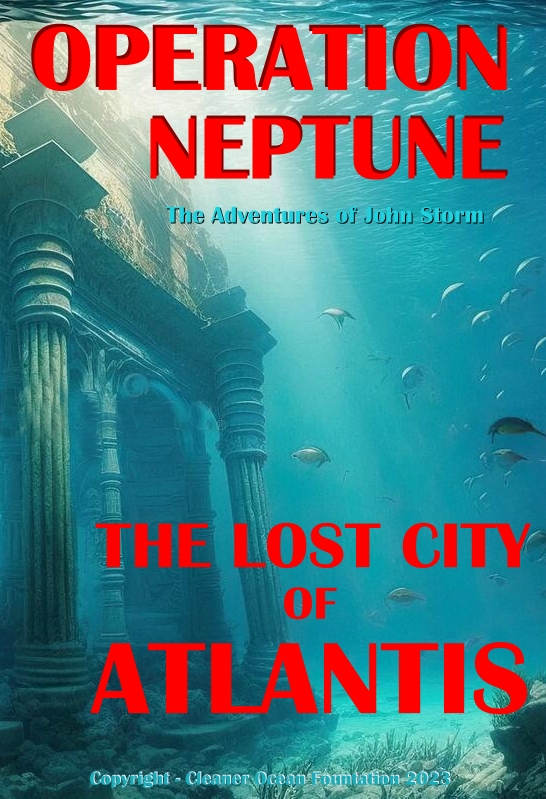
Atlantis, also spelled Atalantis or Atlantica, a legendary island in the Atlantic Ocean, lying west of the Strait of Gibraltar. The principal sources for the legend are two of Plato’s dialogues, Timaeus and Critias. In the former, Plato describes how Egyptian priests, in conversation with the Athenian lawgiver Solon, described Atlantis as an island larger than Asia Minor and Libya combined, and situated just beyond the Pillars of Hercules (the Strait of Gibraltar). About 9,000 years before the birth of Solon, the priests said, Atlantis was a rich island whose powerful princes conquered many of the lands of the Mediterranean until they were finally defeated by the Athenians and the latter’s allies. The Atlantians eventually became wicked and impious, and their island was swallowed up by the sea as a result of earthquakes. In the Critias, Plato supplied a history of the ideal commonwealth of the Atlantians.
According to legend, Atlantis was populated by an advanced society which perished after the island subcontinent was submerged beneath the waters of the Atlantic Ocean somewhere past the Pillars of Hercules (assumed to be the Strait of Gibraltar). The name Atlantis is derived from the ancient Greek term for "island of Atlas."
Atlantis was mythologized to have been founded by Poseidon, the Greek god of the seas. He made his son Atlas the king and named the city after him, as well as the ocean around it, hence the Atlantic Ocean. The fabled city, which supposedly occupied a sizable landmass, was inhabited by a civilization that routinely waged wars against those neighboring communities occupying the eastern areas skirting the Mediterranean Sea. Because the gods grew increasingly unhappy with the vanity, greed, and corruption dominating the society of Atlantis legend has it that 9,000 years ago, in an effort led by Zeus, the Greek gods sunk Atlantis as punishment for its aggression, hubris, and misbehavior.
The
lost city of Atlantis has been the subject of countless
stories and films, focusing on the dozens of coastal
civilizations that have been subsumed by the oceans, the
result of earthquakes and subsequent
tsunamis.
Atlantis, a likely mythical island nation mentioned in
Plato’s dialogues “Timaeus” and “Critias,” has been an object of fascination among western philosophers and historians for nearly 2,400 years. Plato (c.424–328
B.C. Greece) describes it as a powerful and advanced kingdom that sank, in a night and a day, into the ocean around 9,600 B.C. The ancient Greeks were divided as to whether Plato’s story was to be taken as history or mere metaphor. Since the 19th century there has been renewed interest in linking Plato’s Atlantis to historical locations, most commonly the Greek island of Santorini, which was destroyed by a volcanic eruption around 1,600 B.C.
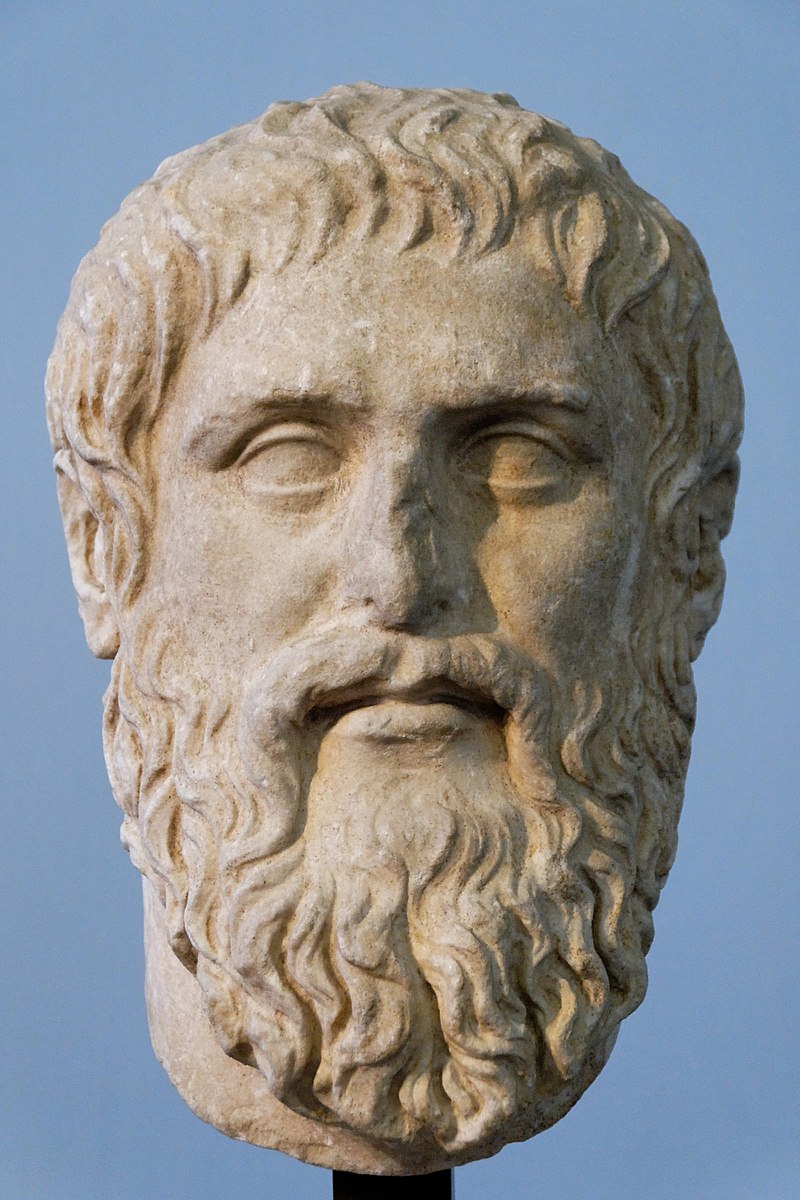
PLATO'S ATLANTIS
Plato (through the character Critias in his dialogues) describes Atlantis as an island larger than Libya and Asia Minor put together, located in the Atlantic just beyond the
Pillars of
Hercules - generally assumed to mean the Strait of
Gibraltar. Its culture was advanced and it had a constitution suspiciously similar to the one outlined in Plato’s “Republic.” It was protected by the god
Poseidon, who made his son Atlas king and namesake of the island and the ocean that surrounded it. As the Atlanteans grew powerful, their ethics declined. Their armies eventually conquered
Africa as far as
Egypt and
Europe as far as Tyrrhenia (Etruscan
Italy) before being driven back by an Athenian-led alliance. Later, by way of divine punishment, the island was beset by earthquakes and floods, and sank into a muddy sea.
ORIGINS OF THE LEGEND
Plato’s Critias says he heard the story of Atlantis from his grandfather, who had heard it from the Athenian statesman Solon (300 years before Plato’s time), who had learned it from an
Egyptian priest, who said it had happened 9,000 years before that. Whether or not Plato believed his own story, his intent in telling it seems to have been to boost his ideas of an ideal society, using stories of ancient victory and calamity to call to mind more recent events such as the Trojan War or
Athens’ disastrous invasion of Sicily in 413 B.C. The historicity of Plato’s tale was controversial in ancient
times - his follower Crantor is said to have believed it, while Strabo (writing a few centuries later) records Aristotle’s joke about Plato’s ability to conjure nations out of thin air and then destroy them.
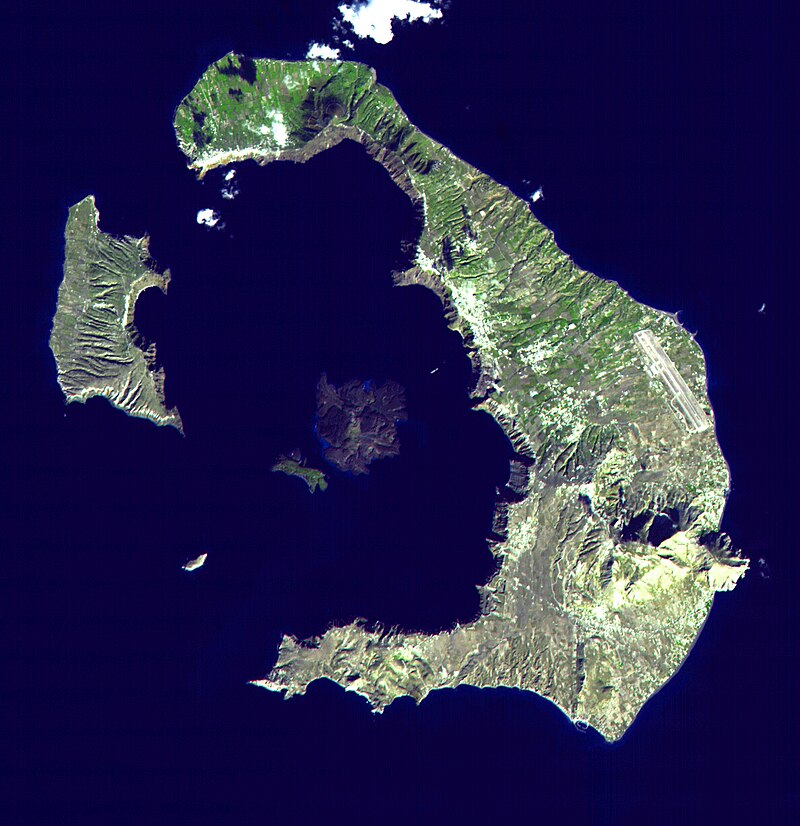
Could
Santorini (Thera) be the site of the lost empire of Atlantis
NAZISM AND OCCULTISM
Madame Blavatsky was also inspired by the work of the 18th-century astronomer Jean-Sylvain Bailly, who had "Orientalized" the Atlantis myth in his mythical continent of Hyperborea, a reference to Greek myths featuring a Northern European region of the same name, home to a giant, godlike race. Dan Edelstein claims that her reshaping of this theory in The Secret Doctrine provided the
Nazis with a mythological precedent and a pretext for their ideological platform and their subsequent genocide. However, Blavatsky's writings mention that the Atlantean were in fact olive-skinned peoples with Mongoloid traits who were the ancestors of modern Native Americans, Mongolians, and Malayans.
The idea that the Atlanteans were Hyperborean, Nordic supermen who originated in the Northern Atlantic or even in the far North, was popular in the German ariosophic movement around 1900, propagated by Guido von List and others. It gave its name to the Thule Gesellschaft, an antisemite Münich lodge, which preceded the
German Nazi Party (see Thule). The scholars Karl Georg Zschaetzsch (1920) and Herman Wirth (1928) were the first to speak of a "Nordic-Atlantean" or "Aryan-Nordic" master race that spread from Atlantis over the Northern Hemisphere and beyond. The Hyperboreans were contrasted with the Jewish people. Party ideologist Alfred Rosenberg (in The Myth of the Twentieth Century, 1930) and SS-leader
Heinrich Himmler made it part of the official doctrine. The idea was followed up by the adherents of Esoteric Nazism such as Julius Evola (1934) and, more recently, Miguel Serrano (1978).
The idea of Atlantis as the homeland of the Caucasian race would contradict the beliefs of older Esoteric and Theosophic groups, which taught that the Atlanteans were non-Caucasian brown-skinned peoples. Modern Esoteric groups, including the Theosophic Society, do not consider Atlantean society to have been superior or
Utopian - they rather consider it a lower stage of evolution.
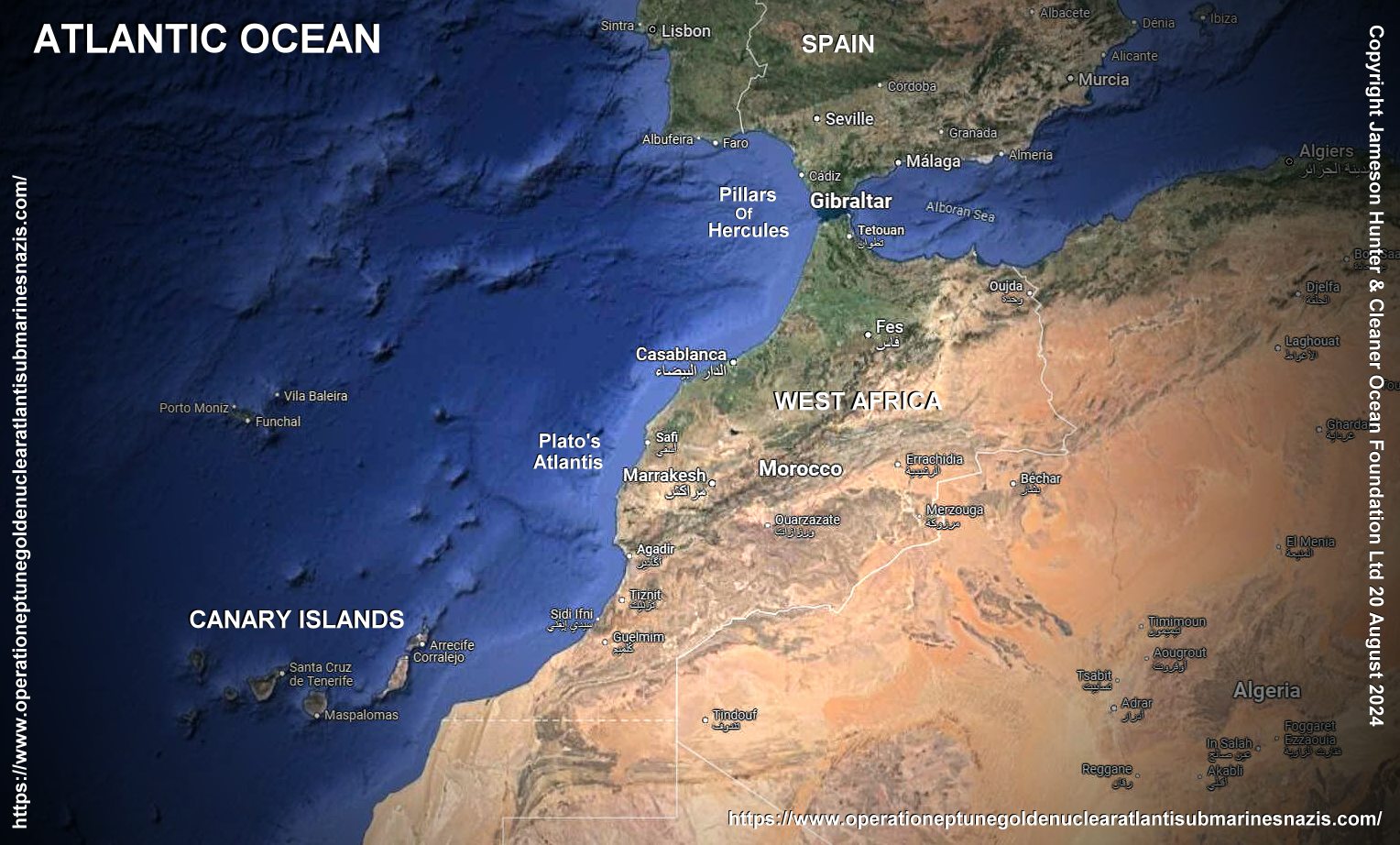
CANARY ISLANDS - Researchers think they may have found Plato’s inspiration for such a legend. In an area north of the Canary Islands, Spain, scientists have uncovered a vast submerged mountain that likely sank off the coast of the islands millions of years ago. The seamount, which has been dubbed as Mount Los Atlantes, has three inactive volcanoes each around 50km (30 miles) in diameter, with their bases over 2km under the ocean surface, according to researchers from Spain’s Geological and Mining Institute (CSIC). Some of the lost islands even, after all this time, still have their beaches intact. The team said that some of the beaches sit just 60m (200 feet) below the ocean's surface. During the last ice age, when sea levels were far lower than they are today, the inactive volcanoes would have become islands again, which could have been used to inhabit wildlife.
LOCATION HYPOTHESES
There have been dozens of locations proposed for Atlantis, to the point where the name has become a generic concept, divorced from the specifics of
Plato's account. This is reflected in the fact that many proposed sites are not within the
Atlantic at all. Few today are scholarly or archaeological hypotheses, while others have been made by psychic (e.g., Edgar Cayce) or other pseudoscientific means. (The Atlantis researchers Jacques Collina-Girard and Georgeos Díaz-Montexano, for instance, each claim the other's hypothesis is pseudoscience.) Many of the proposed sites share some of the characteristics of the Atlantis story (water, catastrophic end, relevant time period), but none has been demonstrated to be a true historical Atlantis.
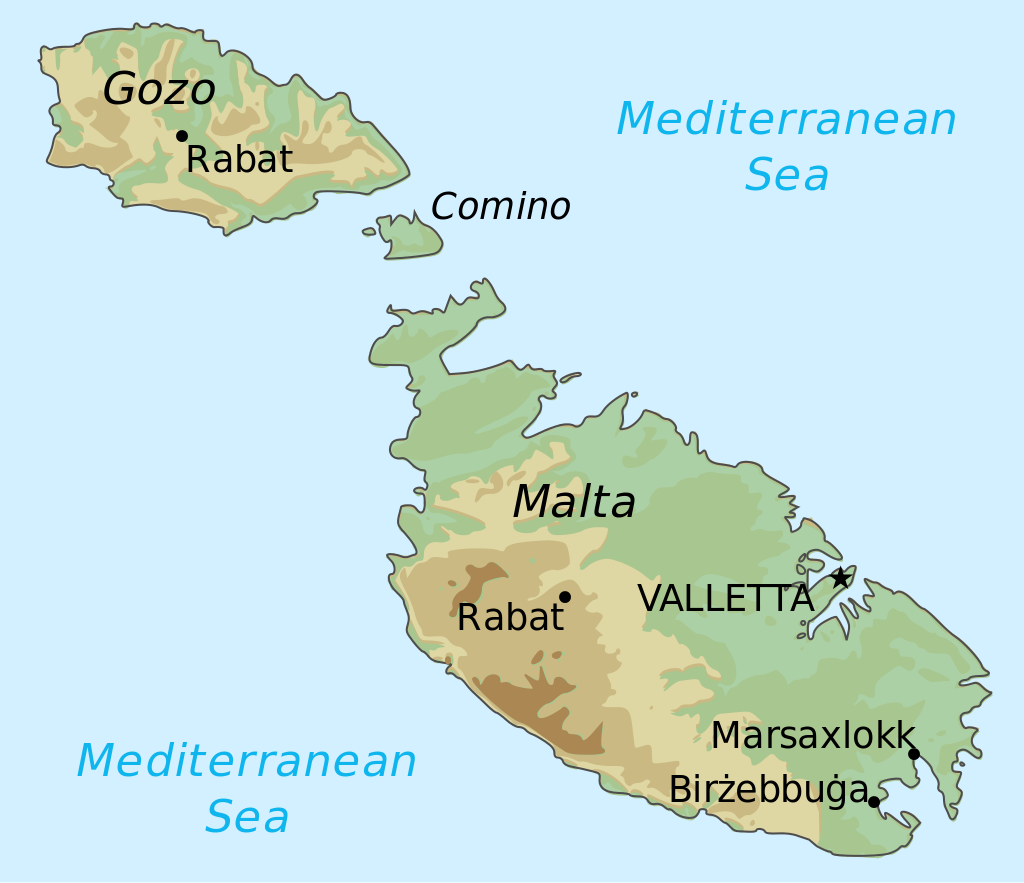
THE MEDITERRANEAN SEA
Most of the historically proposed locations are in or near the
Mediterranean
Sea: islands such as Sardinia, Crete, Santorini (Thera), Sicily, Cyprus, and
Malta; land-based cities or states such as Troy, Tartessos, and Tantalis (in the province of Manisa, Turkey); Israel-Sinai or Canaan; and northwestern Africa, including the Richat Structure in Mauritania.
The Thera eruption, dated to the seventeenth or sixteenth century BC, caused a large tsunami that some experts hypothesize devastated the
Minoan civilization on the nearby island of Crete, further leading some to believe that this may have been the catastrophe that inspired the story. In the area of the
Black Sea the following locations have been proposed: Bosporus and Ancomah (a legendary place near Trabzon).
Others have noted that, before the sixth century BC, the mountains on either side of the Laconian Gulf were called the "Pillars of Hercules", and they could be the geographical location being described in ancient reports upon which Plato was basing his story. The mountains stood at either side of the southernmost gulf in Greece, the largest in the Peloponnese, and that gulf opens onto the
Mediterranean
Sea. If from the beginning of discussions, misinterpretation of
Gibraltar as the location rather than being at the Gulf of Laconia, would lend itself to many erroneous concepts regarding the location of Atlantis. Plato may have not been aware of the difference. The Laconian pillars open to the south toward Crete and beyond which is
Egypt. The Thera eruption and the Late Bronze Age collapse affected that area and might have been the devastation to which the sources used by Plato referred. Significant events such as these would have been likely material for tales passed from one generation to another for almost a thousand years.

THE ATLANTIC OCEAN
The location of Atlantis in the Atlantic Ocean has a certain appeal given the closely related names. Popular culture often places Atlantis there, perpetuating the original Platonic setting as they understand it. The
Canary Islands and Madeira Islands have been identified as a possible location, west of the Straits of Gibraltar, but in relative proximity to the Mediterranean Sea. Detailed studies of their geomorphology and geology have demonstrated, however, that they have been steadily uplifted, without any significant periods of subsidence, over the last four million years, by geologic processes such as erosional unloading, gravitational unloading, lithospheric flexure induced by adjacent islands, and volcanic
under-plating.
Various islands or island groups in the Atlantic were also identified as possible locations, notably the Azores. Similarly, cores of sediment covering the ocean bottom surrounding the Azores and other evidence demonstrate that it has been an undersea plateau for millions of years. The area is known for its volcanism however, which is associated with rifting along the Azores Triple Junction. The spread of the crust along the existing faults and fractures has produced many volcanic and seismic events. The area is supported by a buoyant upwelling in the deeper mantle, which some associate with an Azores hotspot. Most of the volcanic activity has occurred primarily along the Terceira Rift. From the beginning of the islands' settlement, around the 15th century, there have been about 30 volcanic eruptions (terrestrial and submarine) as well as numerous, powerful earthquakes. The island of São Miguel in the Azores is the site of the Sete Cidades volcano and caldera, which are the byproducts of historical volcanic activity in the Azores.
The submerged island of Spartel near the Strait of Gibraltar has also been suggested.
EUROPE
Several hypotheses place the sunken island in northern Europe, including Doggerland in the
North
Sea, and Sweden (by Olof Rudbeck in Atland, 1672–1702). Doggerland, as well as Viking Bergen Island, is thought to have been flooded by a megatsunami following the Storegga Slide of c. 6100 BC. Some have proposed the Celtic Shelf as a possible location, and that there is a link to
Ireland. In 2004, Swedish physiographist Ulf Erlingsson proposed that the legend of Atlantis was based on
Stone Age Ireland. He later stated that he does not believe that Atlantis ever existed but maintained that his hypothesis that its description matches Ireland's geography has a 99.8% probability. The director of the National
Museum of Ireland commented that there was no archaeology supporting this.
In 2011, a team, working on a documentary for the National Geographic
Channel, led by Professor Richard Freund from the University of Hartford, claimed to have found possible evidence of Atlantis in southwestern
Andalusia. The team identified its possible location within the marshlands of the Doñana National Park, in the area that once was the Lacus Ligustinus, between the Huelva, Cádiz, and Seville provinces, and they speculated that Atlantis had been destroyed by a
tsunami, extrapolating results from a previous study by Spanish researchers, published four years earlier.
Spanish scientists have dismissed Freund's speculations, claiming that he sensationalised their work. The anthropologist Juan Villarías-Robles, who works with the Spanish National Research Council, said, "Richard Freund was a newcomer to our project and appeared to be involved in his own very controversial issue concerning King Solomon's search for ivory and
gold in Tartessos, the well documented settlement in the Doñana area established in the first millennium BC", and described Freund's claims as "fanciful".
A similar theory had previously been put forward by a German researcher, Rainer W. Kühne, that is based only on satellite imagery and places Atlantis in the Marismas de Hinojos, north of the city of Cádiz. Before that, the historian Adolf Schulten had stated in the 1920s that Plato had used Tartessos as the basis for his Atlantis myth.

In
the 1977 007 James Bond movie, the antagonist lives in an
underwater city called Atlantis.
ATLANTIS
- MEDITERRANEAN SEA
ATLIT-YAM
- ISRAEL
BAIA
- ITALY
DWARKA
- INDIA
PAVLOPETRI
- GREECE
PHANAGORIA
- BLACK SEA
PORT
ROYAL - JAMAICA
RUNGHOLT
- DENMARK
THONIS-HERACLEION
AND ALEXANDRIA - EGYPT
YONAGUNI
JIMA - JAPAN

CHARACTERS
|
GOLD |
MEDIA |
MOVIES |
SCREENPLAY |
SUBMARINES
This
website is Copyright © Cleaner
Oceans Foundation Ltd., April 2023 - August 2024. Asserted as per the Berne
Convention.
In
this fictional story, the characters and events are the
product of the author's imagination.
|




